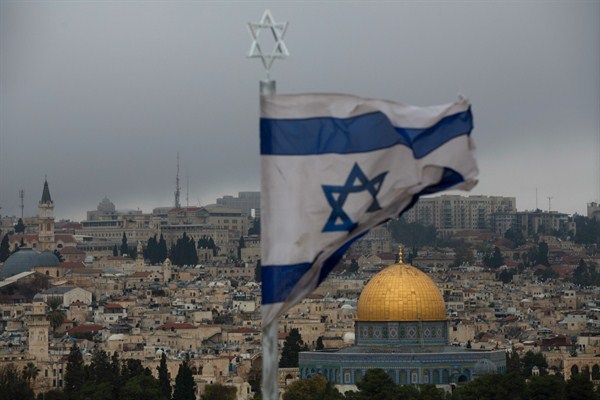It is fitting that one day before U.S. President Donald Trump decided to recognize Jerusalem as the capital of Israel, breaking with 40 years of American policy, his State Department issued an order forbidding its staff and their families from traveling to Jerusalem’s Old City. It appears that before lighting the match, Trump did not want any of his own people near the powder keg when the fuse was lit.
At the moment, it is not certain how extensive the blowback will be. Regionally, anger will be tempered by regimes unwilling to allow the possibility of wide-scale demonstrations getting beyond their control, especially after what happened during the Arab Spring. And some argue that the Palestinian issue no longer holds the same appeal it once did across the Middle East.
This may be true, but after 70 years of being at the top of that list, a decline is only natural given what has befallen the region in recent years. The fact remains that the issue dovetails with accusations of U.S. meddling and overwhelming bias toward Israel that serve the narrative of America’s enemies. Ironically, opposition to Trump’s decision has put Saudi Arabia and Iran on the same side of an issue for the first time in a long time, which shows that the Palestinian issue still has universal resonance in the region that Arab leaders cannot ignore.

